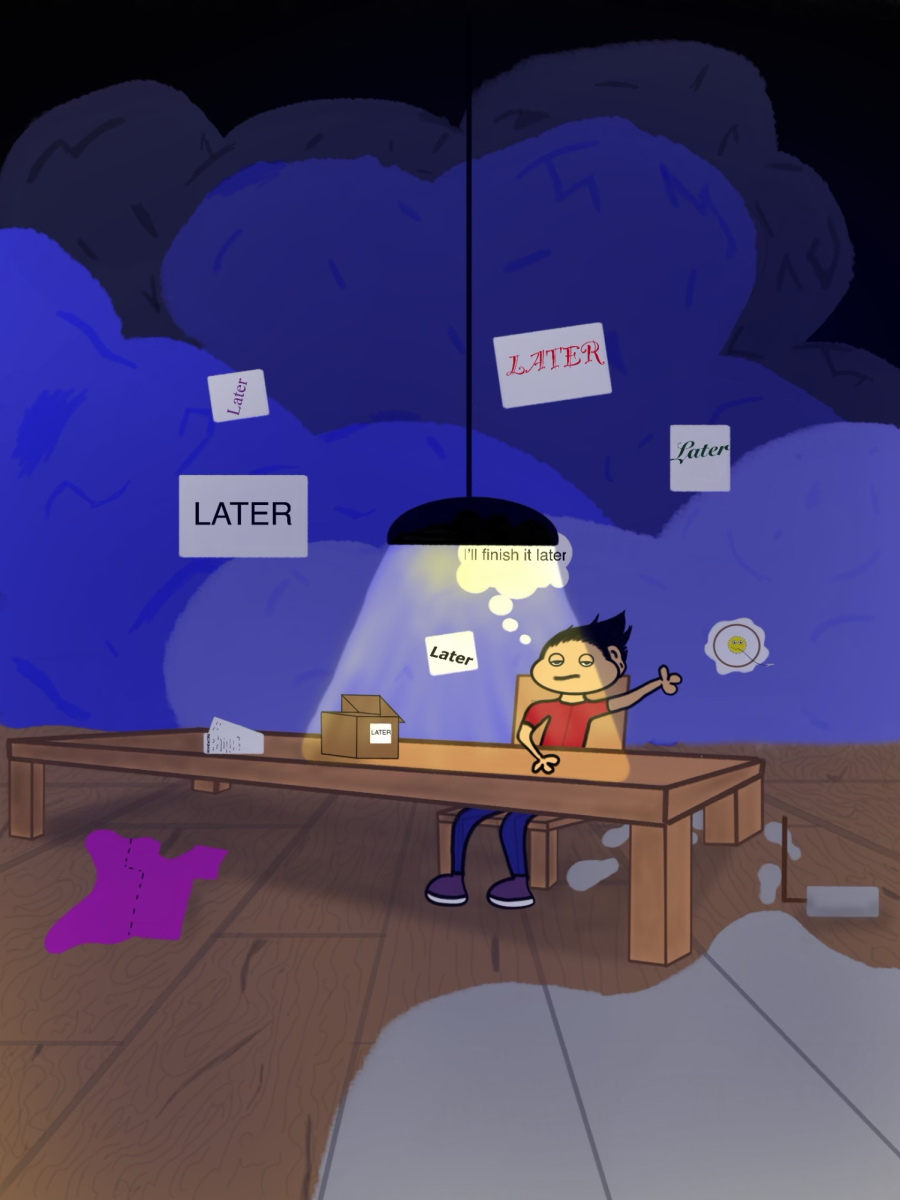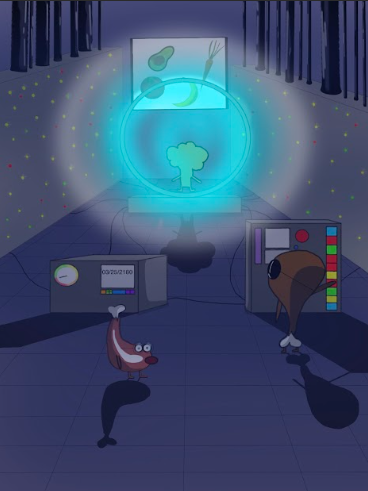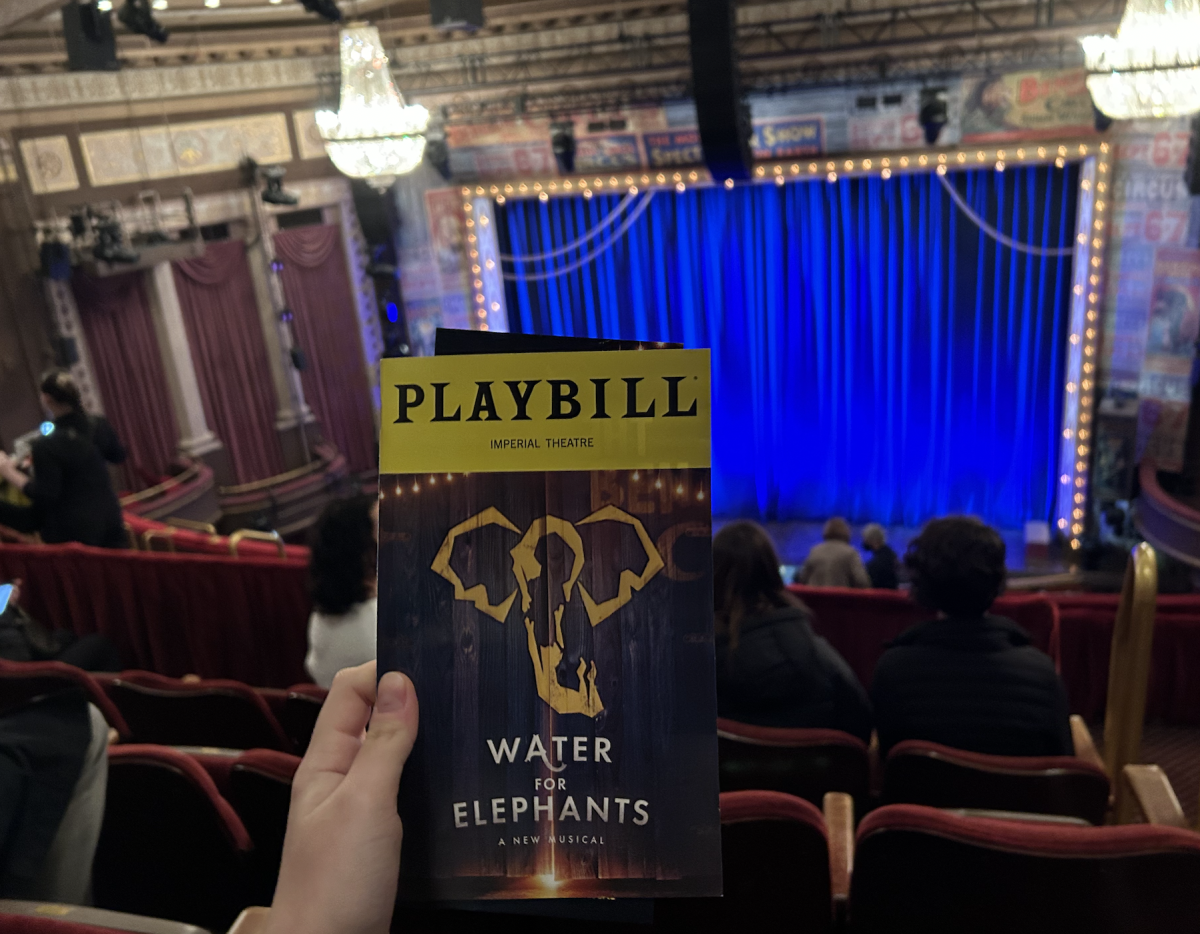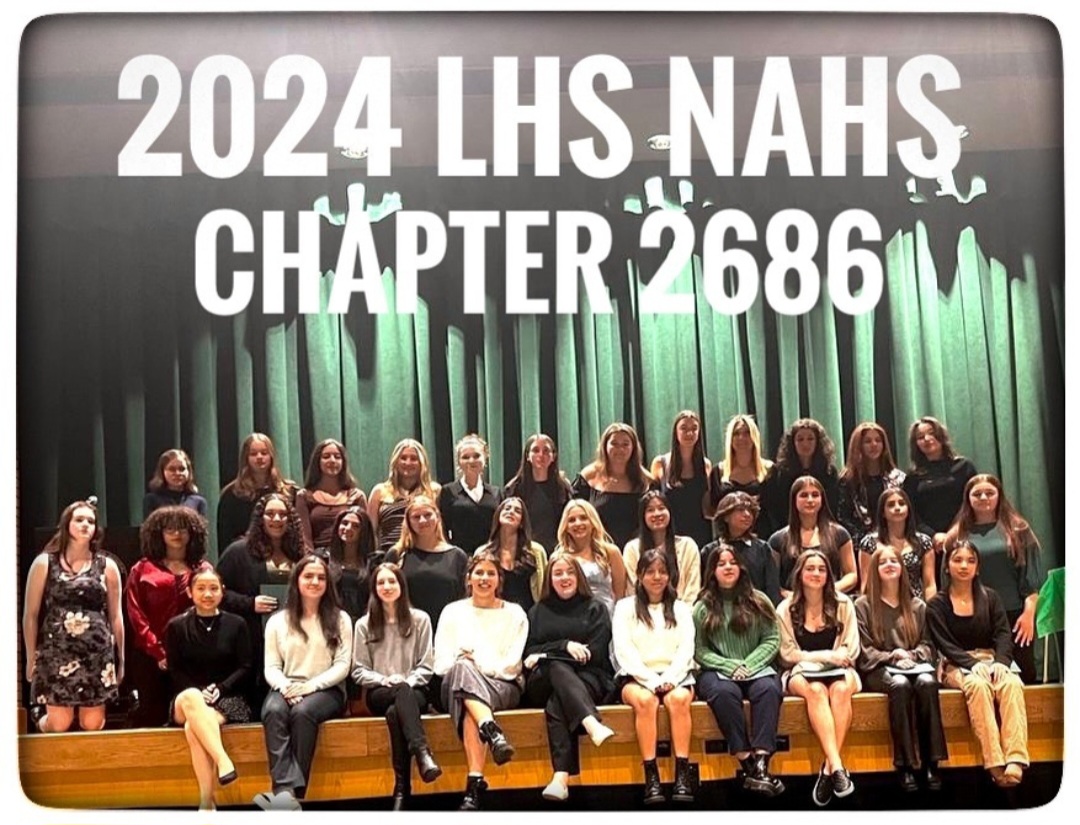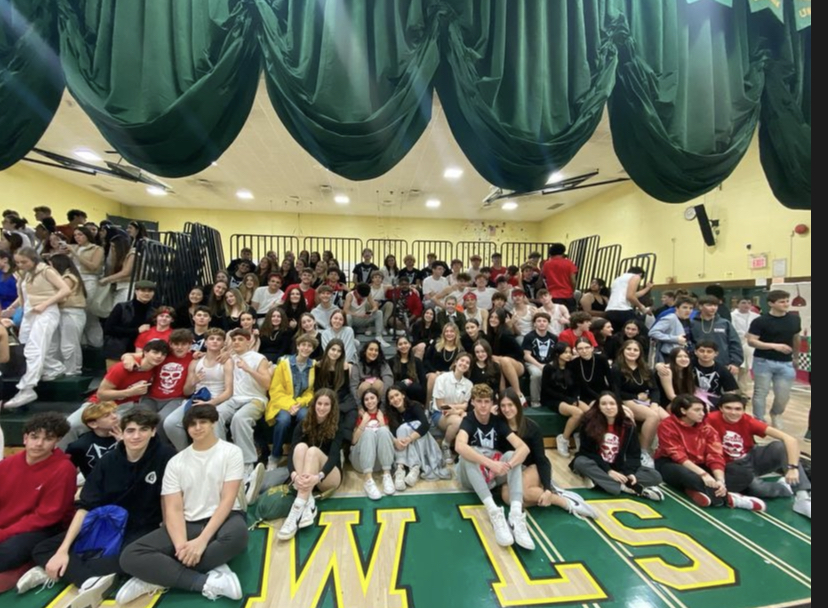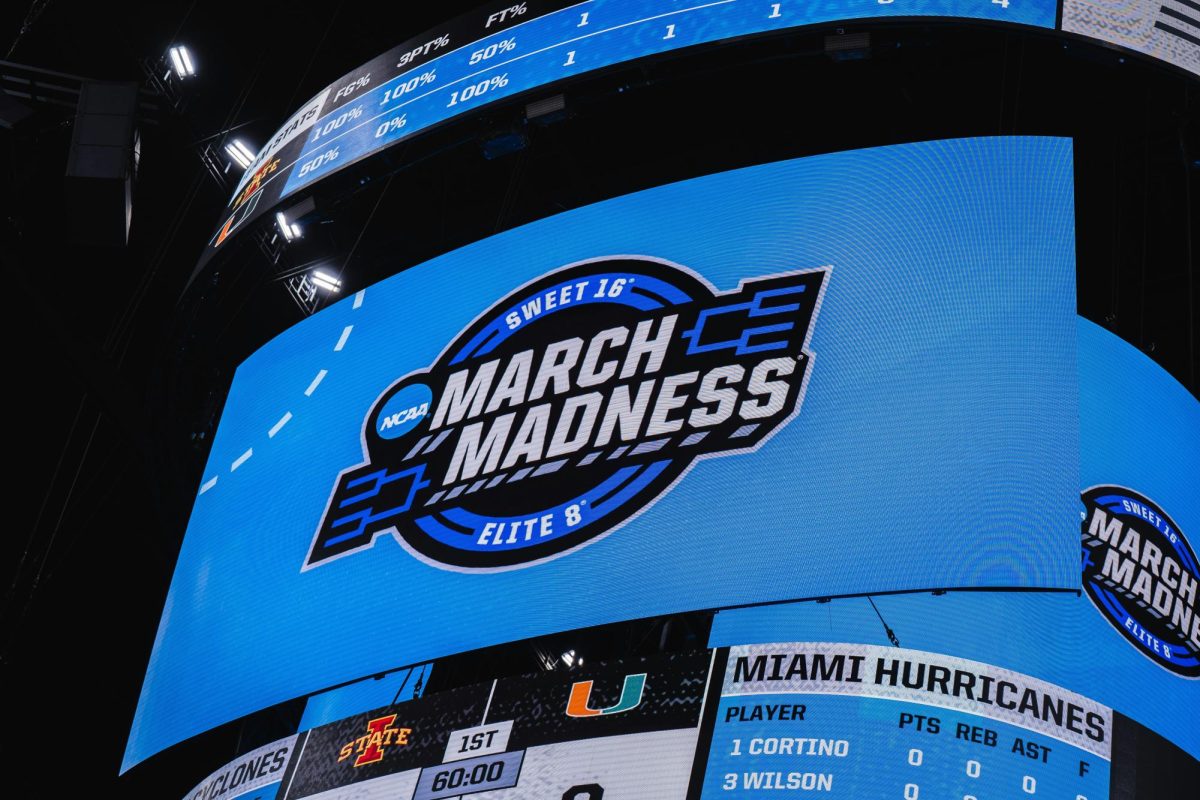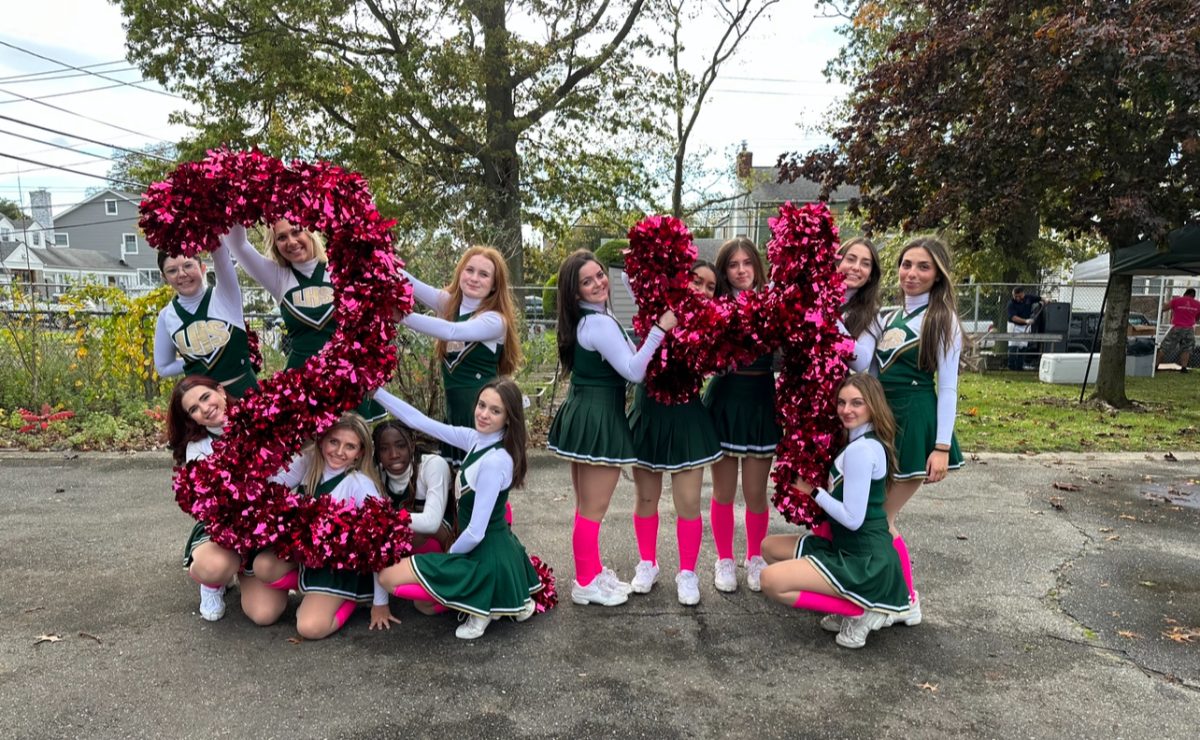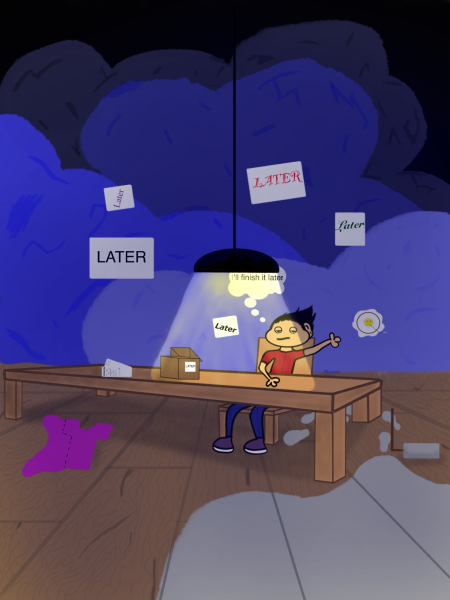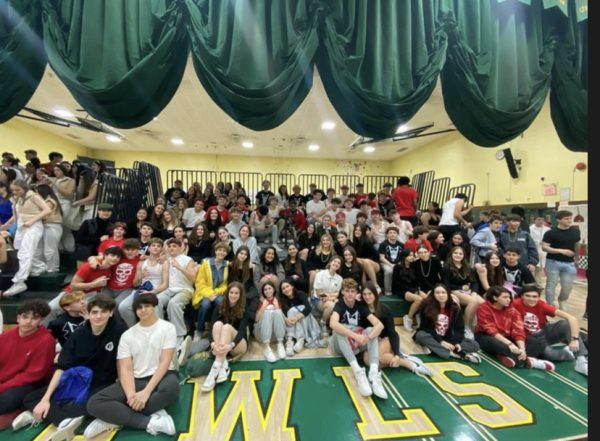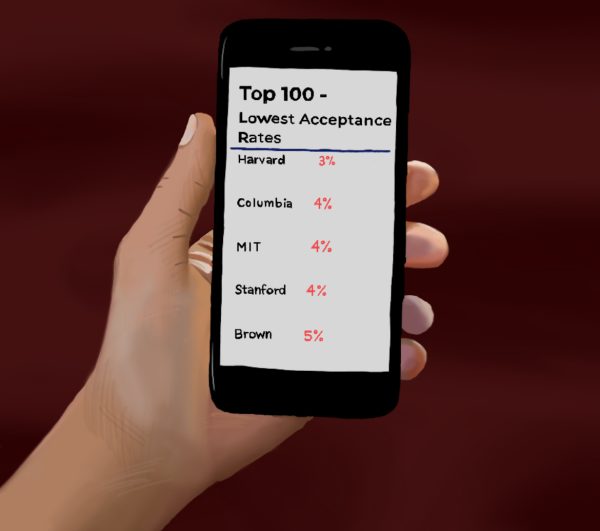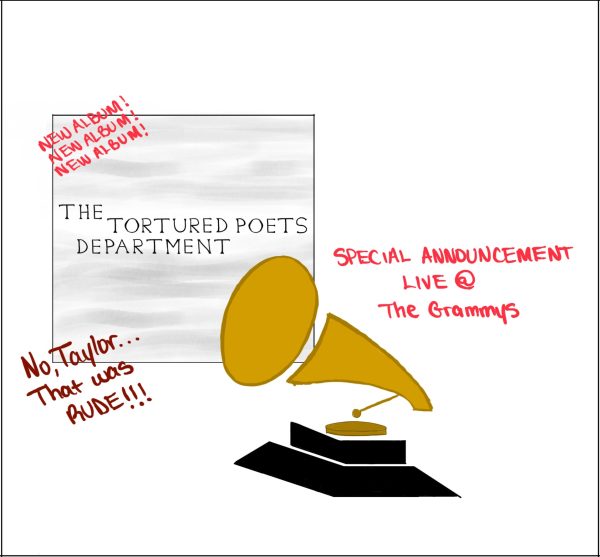An Obvious Choice: Gun Control or Our Lives
Following the mass shooting on February 14, at Marjory Stoneman Douglas High School in Parkland, Florida, where 17 students and teachers were murdered, a new wave of gun control activists have emerged. High school students, notoriously, are acting as the vanguards of the movement, advocating for stricter gun laws that will assure such a horrific event would never happen again. While gaining traction, the movement has also met stern opposition, adding new urgency to the debate of whether or not stricter gun control will be enacted in our country’s future.
First and foremost, one must address the legality of gun control and whether it is possible under the Constitution. Some gun advocates argue that the Second Amendment defends the right for anyone to own a gun without restrictions, yet a Supreme Court decision from 2008, District of Columbia v. Heller, states otherwise. The court holds that, “Like most rights, the Second Amendment right is not unlimited. It is not a right to keep and carry any weapon whatsoever in any manner whatsoever and for whatever purpose: For example, concealed weapons prohibitions have been upheld under the Amendment or state analogues.” It is then further explained that although the court ruled prohibition of all firearms is unconstitutional, this ruling “should not be taken to cast doubt on longstanding prohibitions on the possession of firearms by felons and the mentally ill, or laws forbidding the carrying of firearms in sensitive places such as schools and government buildings, or laws imposing conditions and qualifications on the commercial sale of arms.” Thus, it is elucidated that gun control in no way infringes on the Second Amendment, which then prompts the questions of what restrictions should be applied and whether or not they are truly effective in reducing violence.
Perhaps one of the most “iconic” arguments against gun control is a simple yet witty moniker: “Guns don’t kill people. People kill people.” To be fair, there is truth in this statement. The gun, viewed as a tool, is neither inherently bad nor good. Yet, regardless of the owner’s intent, it is still a tool that has the potential to kill. Furthermore, in the case of rifles, such as the infamous AR-15, that have been used in several mass shootings, these weapons are produced with one sole purpose: to kill. In addition, when put into the wrong hands, this potential is easily taken advantage of. Without proper gun control, there is nothing even attempting to prevent this from happening again and again.
One huge issue surrounding firearms is accessibility, or how easy it is for people who may have mental health issues or are inherently violent to attain these weapons. In the past years, the deadliest mass shootings all had one thing in common: the shooter had purchased his guns legally. These men, who exhibited an array of red flags such as histories of mental illness, the public expression of wishing to harm others, and the sudden stockpiling of assault weapons, were all acting within the law. To combat this, one proposed form of gun control is the creation of federally mandated and thorough background checks anywhere guns are sold, including private sellers. These background checks would assure the potential buyer is not mentally ill, does not have a criminal record, and does not have a history of violence, such as domestic abuse. Some may argue that it is the job of the FBI, not gun retailers, to take care of potentially dangerous gun owners. However, the need for FBI involvement would be completely unnecessary if all retailers carried out thorough background checks.
Another mantra of the pro-gun movement is, “The only way to stop a bad guy with a gun is a good guy with a gun.” This argument, however, completely ignores the actual point of gun control. Gun control activists are not trying to take away firearms from retired cops or regular gun-owning citizens. The “good guy” is not the target here. Gun control, in the form of increased background checks, will ensure that it is only well-trained, mentally stable people who will have access to firearms. Why would any upstanding gun owner have an issue with that? In New York, to acquire a driver’s license, one must pass a written test, accumulate 50 hours of supervised driving, have a permit for six months prior, and pass a road test. However, one does not see anyone complaining about how restrictive these laws are. People want to be certain that only trained, qualified people are on the roads. It should be the same for gun owners.
Another option endorsed by more adamant gun control activists is to entirely ban the sale of rifles, the main weapon used in mass shootings. One argument against this proposition is that rifles are not actually as dangerous as they seem. Admittedly, according to a report from The FBI Uniform Crime Report (UCR), it is shown that in 2016, almost four times as many people were stabbed to death than were killed with rifles. No one is calling for a ban on knives. However, when it comes to mass shootings, rifles such as the AR-15 are the go-to weapon. It is undeniable that a knife or small handgun is not capable of killing as many people in the short amount of time. The recent Parkland shooting that left 17 dead, the 2017 shooting in Las Vegas that left 58 dead, and the 2017 shooting in Orlando that left 50 dead, all have one thing in common: assault rifles. These murders, which were all committed within the span of a few minutes, would not have been possible without the use of these powerful, dangerous weapons. Others may admit to the dangerous potential of these weapons but say it is unreasonable to ban them because people would just find other illegal ways to find them, such as accessing the black market. However, the black market, where one could buy guns, bombs, drugs, and even organs will always exist. Does that mean people should be able to walk into their local Walmart and get all these things? Of course not.
Some say gun control will not reduce violence and that it will just inspire individuals seeking to cause harm to get more creative. This is proven untrue by countries that have actually banned guns or possess comprehensive gun control. For example, according to Crime Statistics Australia (crimestats.aic.gov.au), Australia banned all firearms after a mass shooting that left 35 people dead in 1996. Since then, homicides have decreased by 22% in the past 25 years, and there has not been another mass shooting since. However, even if violence has not exponentially decreased, one must not undermine the value of making it physically difficult to allow these individuals to hurt others. Why is it made so easy for violent individuals? The power to potentially kill several individuals in a matter of minutes should not be easy to achieve.
Although this proves that gun bans have worked in other countries, current gun control advocates are not calling for a complete ban on firearms in America. As a country with more guns than people, it can be considered unrealistic to achieve such a feat. However, common-sense gun control is just that; it makes sense and is absolutely reasonable. By observing other countries and their relationship with restrictions on guns, the fact that gun control reduces mass shootings and homicides becomes blatantly obvious. The American government, by not enacting stricter gun control, is complacent in the murder of hundreds of Americans every year. Children are being slaughtered at school. People are killed at their place of work. Even places of worship do not provide a shelter from the terror of gun violence. These are deaths that could have been avoided, and future deaths that can be prevented. Other countries have witnessed horrific acts of violence and decided never again. So why haven’t we?






